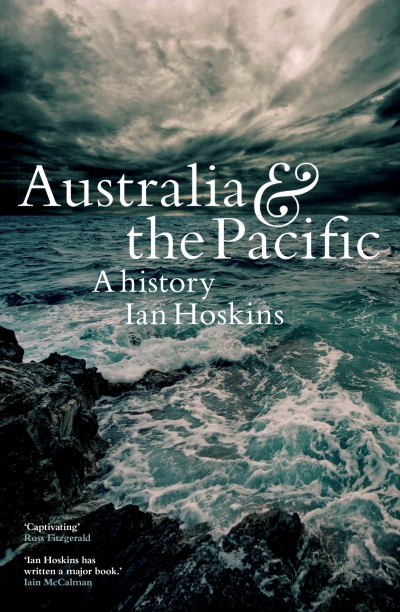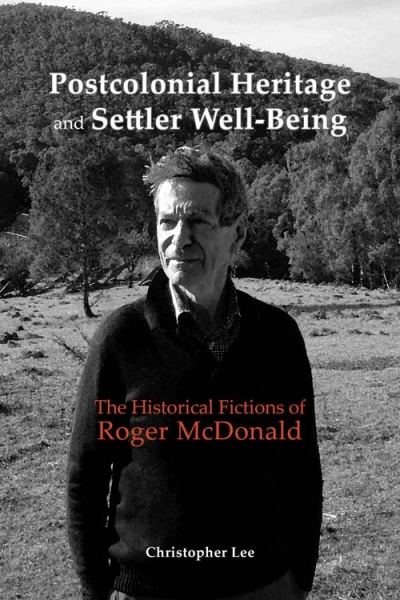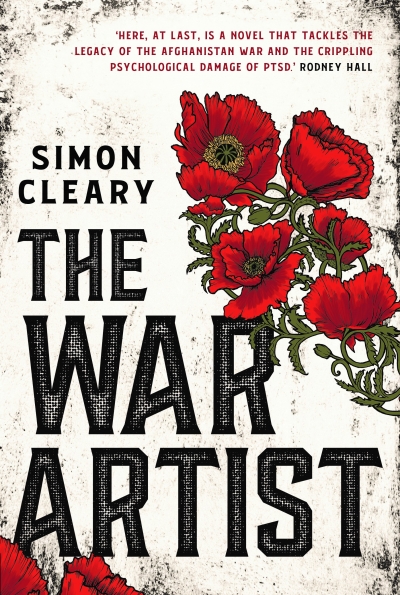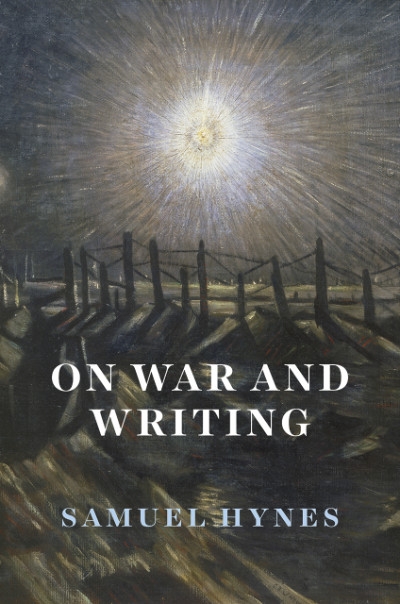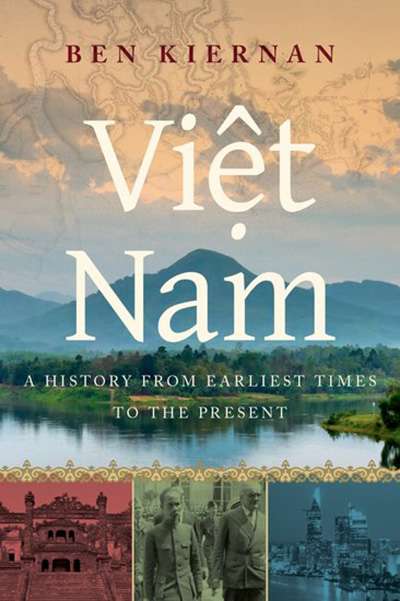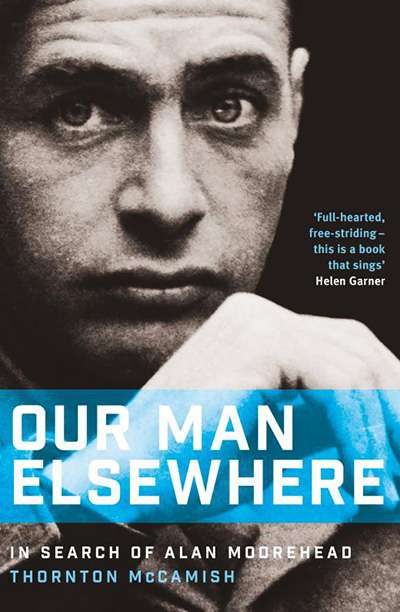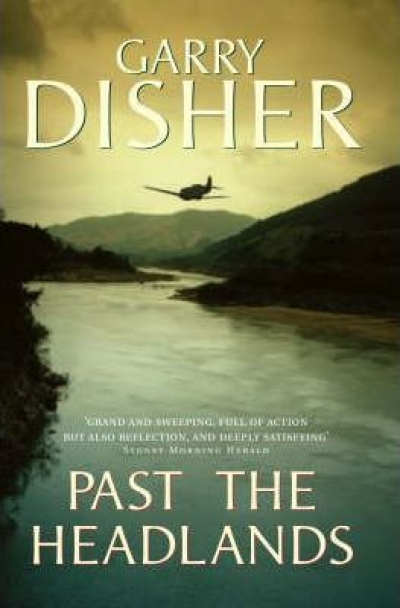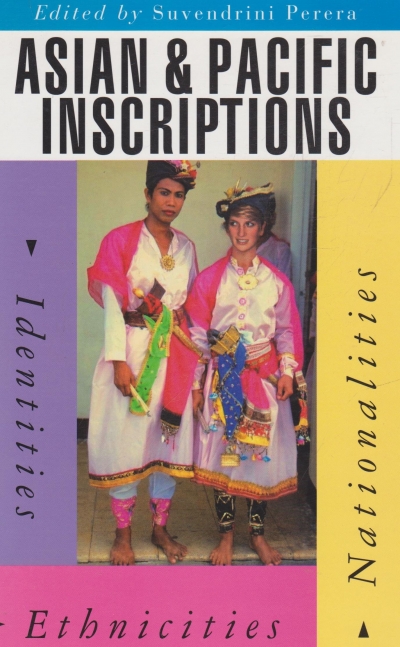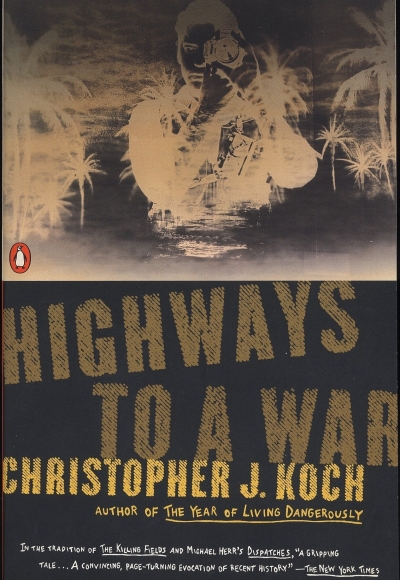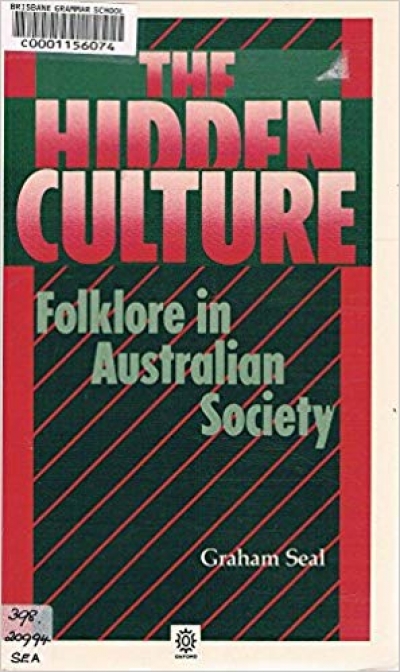Robin Gerster
Postcolonial Heritage and Settler Well-Being: The historical fictions of Roger Mcdonald by Christopher Lee
by Robin Gerster •
Việt Nam: A History from earliest times to the present by Ben Kiernan
by Robin Gerster •
Our Man Elsewhere: In search of Alan Moorehead by Thornton McCamish
by Robin Gerster •
Asian and Pacific Inscriptions: Identities, ethnicities, nationalities edited by Suvendrini Perera
by Robin Gerster •
The Hidden Culture: Folklore in Australian society by Graham Seal
by Robin Gerster •

